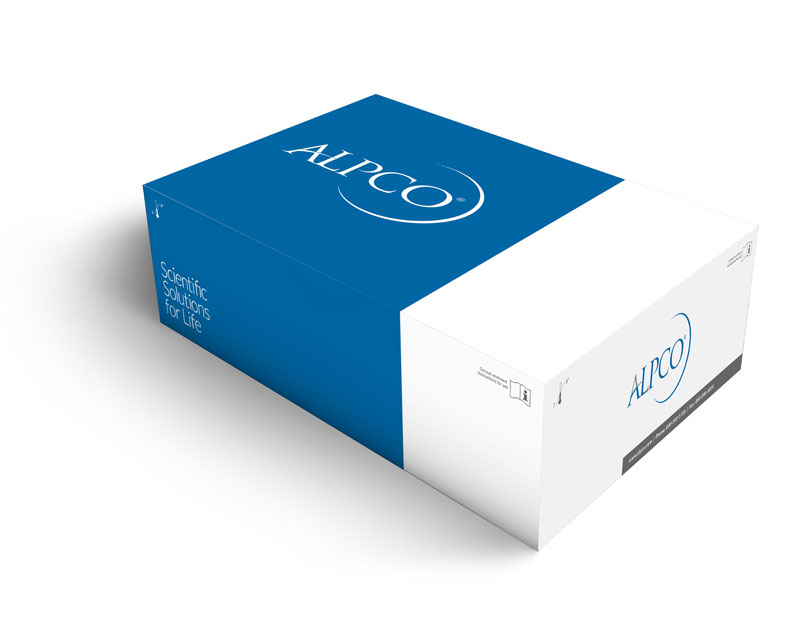Creatinine Colorimetric Detection Kit
$520.00
Catalog
74-CRNHU-E02
Creatinine Colorimetric Detection Kit is for the quantitative determination of creatinine in urine. Research Use Only. Not for Use in Diagnostic Procedures.
The Creatinine colorimetric detection kit utilizes a single-step liquid detection reagent that is safer and less time consuming than other assay methods. This kit is calibrated against the NIST standard and offers reproducible results with less than 6% inter- and intra-assay variation.
The Creatinine colorimetric detection kit utilizes a single-step liquid detection reagent that is safer and less time consuming than other assay methods. This kit is calibrated against the NIST standard and offers reproducible results with less than 6% inter- and intra-assay variation.
Regulatory Status
Research Use Only. Not for Use in Diagnostic Procedures.
Product Distribution
Available Worldwide
Range
0.31 - 20 mg/dL
Sensitivity
0.042 mg/dL
Sizes
2 x 96 Wells
Sample Types
Urine
Inc Time Minute
30
Inc Time Overnight
No
Inc Time See Protocol
No
Sample Size
25
Creatinine (2-amino-1-methyl-5H-imadazol-4-one) is a metabolite of phosphocreatine (p-creatine),
a molecule used as a store for high-energy phosphate that can be utilized by tissues for the
production of ATP1. Creatine either comes from the diet or is synthesized from the amino acids
arginine, glycine, and methionine. This occurs in the kidneys and liver, although other organ
systems may be involved and species-specific differences may exist (2). Creatine and p-creatine
are converted non-enzymatically to the metabolite creatinine, which diffuses into the blood and is
excreted by the kidneys. In vivo, this conversion appears to be irreversible and in vitro it is favored
by higher temperatures and lower pH2. Creatinine forms spontaneously from p-creatine3, and under normal conditions, its formation occurs at a relatively constant rate. Intra-individual variation of creatinine levels is <15% from day to day, making it a useful marker for normalizing levels of other molecules found in urine. Altered creatinine levels may be associated with conditions that
result in decreased renal blood flow, such as diabetes and cardiovascular disease (4-6). See instructions for use for references.







